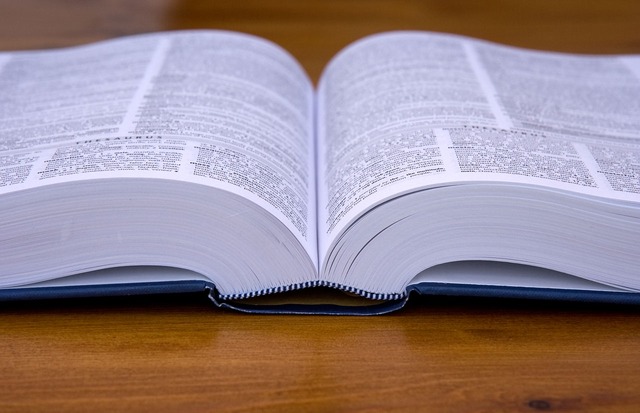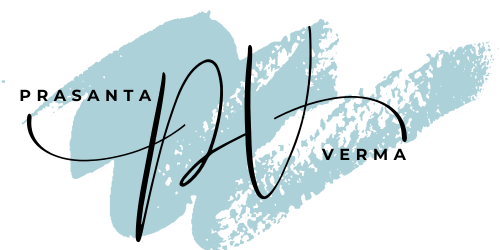One of my favorite books of all time is A Wrinkle in Time by Madeleine L’Engle. It’s a bit challenging to succinctly explain the effect this book had on my life. Of course, I only realize it all now, years later after the fact. I was 10 years old when I read the book, and I had never read a book like it before.

The book was creative, imaginative, and very engaging. It sparked ideas and questions about spirituality and science and reality. It was also at age 10 when I was asking questions about God. I wondered if God really did exist? I asked a neighborhood friend who attended the same church this question. She was convinced God did exist. Then, I asked if she thought He really did hear us when we pray? She said yes. I look back now and realize I was searching for something; I was trying to make sense of some things in life.
Though I was a good student, and a good reader, going to the library (other than the school library) was not really something my family did (except rarely), though both my parents are well-educated. They grew up in a different country, and going to the local library just did not occur to them. So, I read whatever books we had at home. There weren’t that many, but there were some, perhaps 20-30. I read those same books over and over. I’d read some books I got from school, too (one of my favorites I found from the school library was The Scarlet Pimpernel), but overall, I realize I did not read as much as I could have, or as much as my kids do and have done. Elaborating on that requires a separate post. 🙂
At some point, my father brought home an enormous encyclopedia. This one gigantic book, with its royal blue cover, became my go-to source for information whenever I had some sort of school assignment due that required an encyclopedia.

However, I remember it not really being complete. Eventually, we did obtain a whole encyclopedia set, after I had been asking complaining and whining to my parents about needing a better encyclopedia. And they weren’t cheap, but they did succumb and eventually purchased a whole set. Nowadays, nobody wants these large sets anymore.
My kids have not grown up knowing what it is like to find most answers in print encyclopedias or dictionaries, as all of that information is obtained quickly and easily online. But there’s just something about opening pages of an old encyclopedia, sniffing that book smell, reading the information, and even seeing the occasional photo or illustration. Those old sets had to be updated regularly, of course. Now, though, I don’t think the thrift stores will take old encyclopedia sets anymore, will they? There are way too many sets out there now that nobody needs or uses.

Back to A Wrinkle in Time. Somehow, I got my hands on this book, and I think I ordered it through the Scholastic flyer, but I can’t quite recall. My old copy (which I no longer have) had a blue cover. That was one book we did own for a while until I lost track of it. Because of the strong influence this book had on me, it will probably remain on my list of top books until the end.
Below are a few quotes from the book.
*****
We do not know what things LOOK like, as you say,” the beast said. “We know what things ARE like. it must be a very limited thing, this seeing.”
“In your language you have a form of poetry called the sonnet…There are fourteen lines, I believe, all in iambic pentameter. That’s a very strict rhythm or meter…And each line has to end with a rigid pattern. And if the poet does not do it exactly this way, it is not a sonnet…But within this strict form the poet has complete freedom to say whatever he wants…You’re given the form, but you have to write the sonnet yourself. What you say is completely up to you.”
“From the shoulders, slowly a pair of wings unfolded, wings made of rainbows, of light upon water, of poetry.
“You mean you’re comparing our lives to a sonnet? A strict form, but freedom within it? Yes. Mrs. Whatsit said. You’re given the form, but you have to write the sonnet yourself. What you say is completely up to you.”
“We can’t take any credit for our talents. It’s how we use them that counts.”
“I do not know everything; still many things I understand.”
“Do you think things always have an explanation?
“Yes. I believe that they do. But I think that with our human limitations we’re not always able to understand the explanations. But you see, Meg, just because we don’t understand doesn’t mean that the explanation doesn’t exist.”
“Believing takes practice.”
“The most memorable books from our childhoods are those that make us feel less alone, convince us that our own foibles and quirks are both as individual as a finger-print and as universal as an open hand.”
“Like and equal are not the same thing at all.”
“Only a fool is not afraid.”
“Le coeur a ses raisons que la raison ne connait point. French. Pascal. The heart has its reasons, whereof reason knows nothing
“In other words, to put it into Euclid, or old-fashioned plane geometry, a straight line is not the shortest distance between two points.”
“I don’t understand it any more than you do, but one thing I’ve learned is that you don’t have to understand things for them to be.”
“It was the same way with silence. This was more than silence. A deaf person can feel vibrations. Here there was nothing to feel.”
“Experiment is the mother of knowledge.”
“Qui plussait, plus se tait. French, you know. The more a man knows, the less he talks.”
“Have you ever tried to get to your feet with a sprained dignity?”
“A book, too, can be a star, “explosive material, capable of stirring up fresh life endlessly,” a living fire to lighten the darkness, leading out into the expanding universe.”
“There will no longer be so many pleasant things to look at if responsible people do not do something about the unpleasant ones.”
“Meg, don’t you think you’d make a better adjustment to life if you faced facts?”
I do face facts,” Meg said.
They’re lots easier to face than people, I can tell you.”
“God hath chosen the foolish things of the world to confound the wise; and God hath chosen the weak things of the world to confound the things which are mighty.”
“Itt iss Eevill…”
“What is going to happen?”
“Wee wwill cconnttinnue tto ffightt!”…
“And we’re not alone, you know, children,” came Mrs.Whatsit, the comforter. “…some of the best fighters have come from your own planet…”
“Who have our fighters been?” Calvin asked.
“Oh, you must know them, dear,” Mrs.Whatsit said. Mrs.Who’s spectacles shone out at them triumphantly.
“And the light shineth in the darkness; and the darkness comprehended it not.”
“Suddenly there was a great burst of light through the Darkness. The light spread out and where it touched the Darkness the Darkness disappeared. The light spread until the patch of Dark Thing had vanished, and there was only a gentle shining, and through the shining came the stars, clear and pure.”
“Love. That was what she had that IT did not have.”
*****
Pictures are from pixabay.
